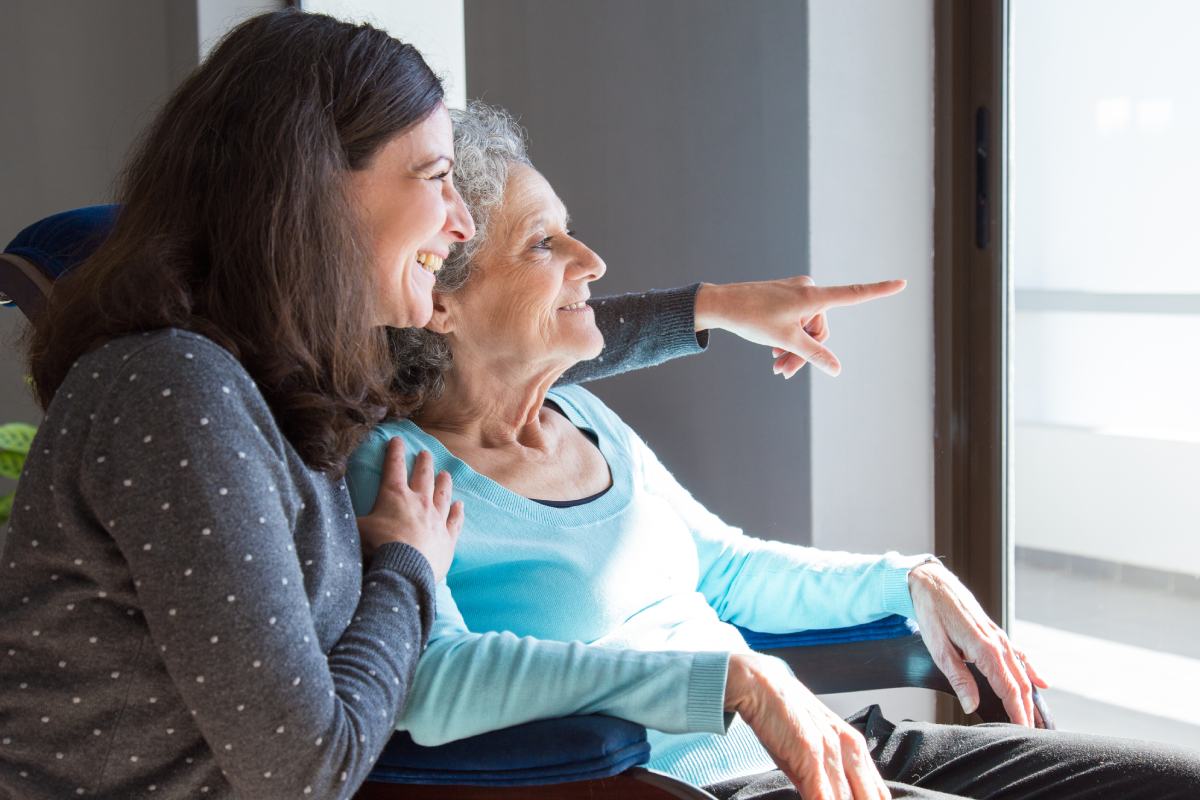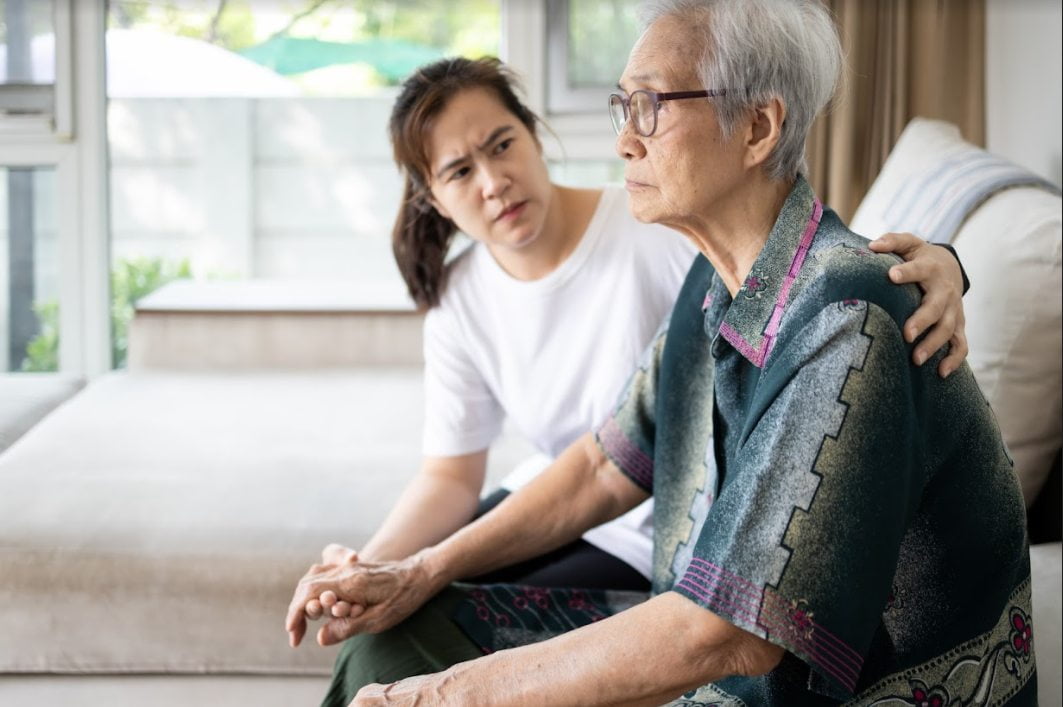
Aging In Place: 6 Tips To Maintain Senior Health At Home
Tips To Maintain Senior Health At Home – Change is the only constant thing in this world. As people age, the body experiences various physiological developments. These cannot be prevented as everyone will have to go through this stage in life. Several of these changes happen in senior years, where most senses decline due to old age.
Seeing loved ones lose the strength and smile they once possessed can be heartbreaking. Our life cycle works that way, so losing our aging loved ones one day is an unavoidable fact. Thus, spend time with them while you still have the chance.
Nursing homes may provide comfort for patients. They have a well-trained staff that can attend to all their medical needs. Opportunities for social interactions with peers are also available. However, nursing homes are more expensive than home care, and may not have the specific care and support you want for your loved one.

With home-based health care, seniors receive the attention they need in the comfort of their homes. They can have their desired independence, and family members can visit them anytime. This is suited to the elderly with emotional attachment to their homes and those who do not have severe health conditions that require intensive care.
If you plan to take care of a senior family member at home, here are six tips on how you could maintain their health even at home:
Table of Contents
1. Guide Them But Support Their Independence
In some cases, seniors can still fulfill basic tasks independently, like eating on their own. However, there may be situations where they’ll need someone to spoon-feed and assist them while they eat.
This is where utensils for elderly would come in handy. These utensils provide convenience as they are custom-made for the elderly. They provide better grips and are bendable, so the user and caregiver can use them easily.
It’s not necessary to monitor those under your care 24/7, but check how they’re doing from time to time. Ask if they’ve had meals or if they took their meds already. If they can still do things independently, then let them be but guide them as needed.
2. Use Technology To Your Advantage
Technology may help provide comfort when taking care of the elderly. Cameras help monitor them and check how they’re doing even when you’re away. It also allows you to see how your elderly loved one interacts with his caregiver.
Robots and voice assistants may also guide them in doing simple tasks, like turning the lights on or fixing their schedules using voice commands as the activator. Medical applications and devices also help monitor vital signs, keep track of medications, and remind them of doctors’ appointments.
Social media applications may also help entertain them by letting them communicate with their family and friends online. During emergencies, they may use a remote control to notify you of anything they may need.
3. Make Your Home A Safe Place
As part of aging, the elderly are more prone to allergies and breathing problems, so removing dust particles regularly would help. Likewise, as they have a weaker immune system, keep house members with any contagious disease away from them. Disinfecting should be a part of your house’s daily routine to ensure the elimination of disease-causing microorganisms.
Secure the safety of everyone under your roof by finding out if there are any parts of your home that may require modifications for safety and accessibility. Remove items that may cause accidents, like rugs or slippery materials.
4. Hire A Caregiver
The quality of care given to the patient depends on the caregiver’s well-being. Aside from proper care, a caregiver can provide companionship for your senior loved ones.
Aside from being experts in the field, caregivers also dedicate their full attention to their patients. Remember to do a background check, though, as you are entrusting a life in their hands.
5. Schedule Their Regular Check-Ups
Arrange for regular check-ups and laboratory examinations to stay updated about their health status and find out if they need new medication or treatments.
Moreover, schedule counseling with mental health professionals, if needed. Prioritize their mental health, as they may sometimes lead to other serious diseases.
6. Prepare Yourself
Choosing to take care of the elderly will require a lot of patience. They will depend on you physically and emotionally as they go through their senior years. To do these, you must also take care of your well-being so you won’t break down, especially in the most difficult times.
Conclusion
If you ever choose to dedicate a part of your life to taking care of your elderly, be ready to prioritize your new role. It is also essential to check how your decisions will affect them while under your care. Always choose what’s best for their health and their quality of life. In a way, you are giving back for all the years they took care of you.


